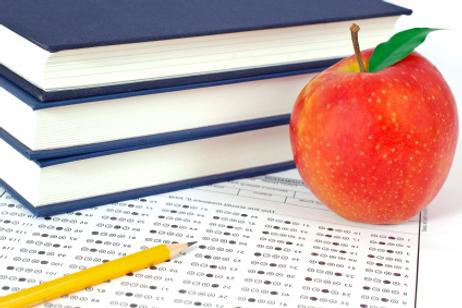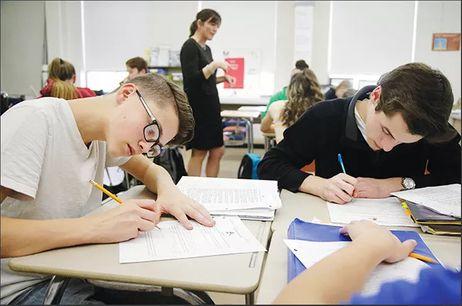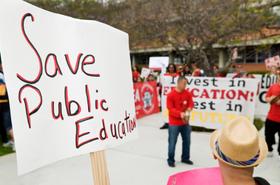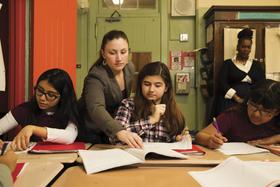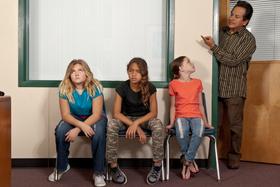Most adults remember standardized testing, used to assess how well students were learning and retaining the core material taught to them. Today, schools still require students to take assessment tests each year, which serves as a benchmark for the performance of teachers as well as students. However, the assessments conducted today vary from state to state, since it is the state government’s responsibility to develop an appropriate evaluation process for their own schools.
However, state-governed evaluations may soon come to an end. The Obama administration would like to provide national education standards that all states would be required to follow, according to a report on VOANews.com. These national standards would offer continuity in education throughout the country and help students compete more effectively in a global economy, according to proponents of the initiative.
On the other side, opponents assert that more government involvement will not necessarily translate into higher quality education.
Let us delve into both sides of the debate to determine the pros and cons of sending educational assessments to the national level. This video offers a brief explanation.
Introducing Common Core State Standards
To address the issue of standard deviations between states, the Common Core State Standards initiative was established. This state-led effort was coordinated by the National Governor's Association Center for Best Practices and the Council of Chief State School Officers.
The standards were developed

